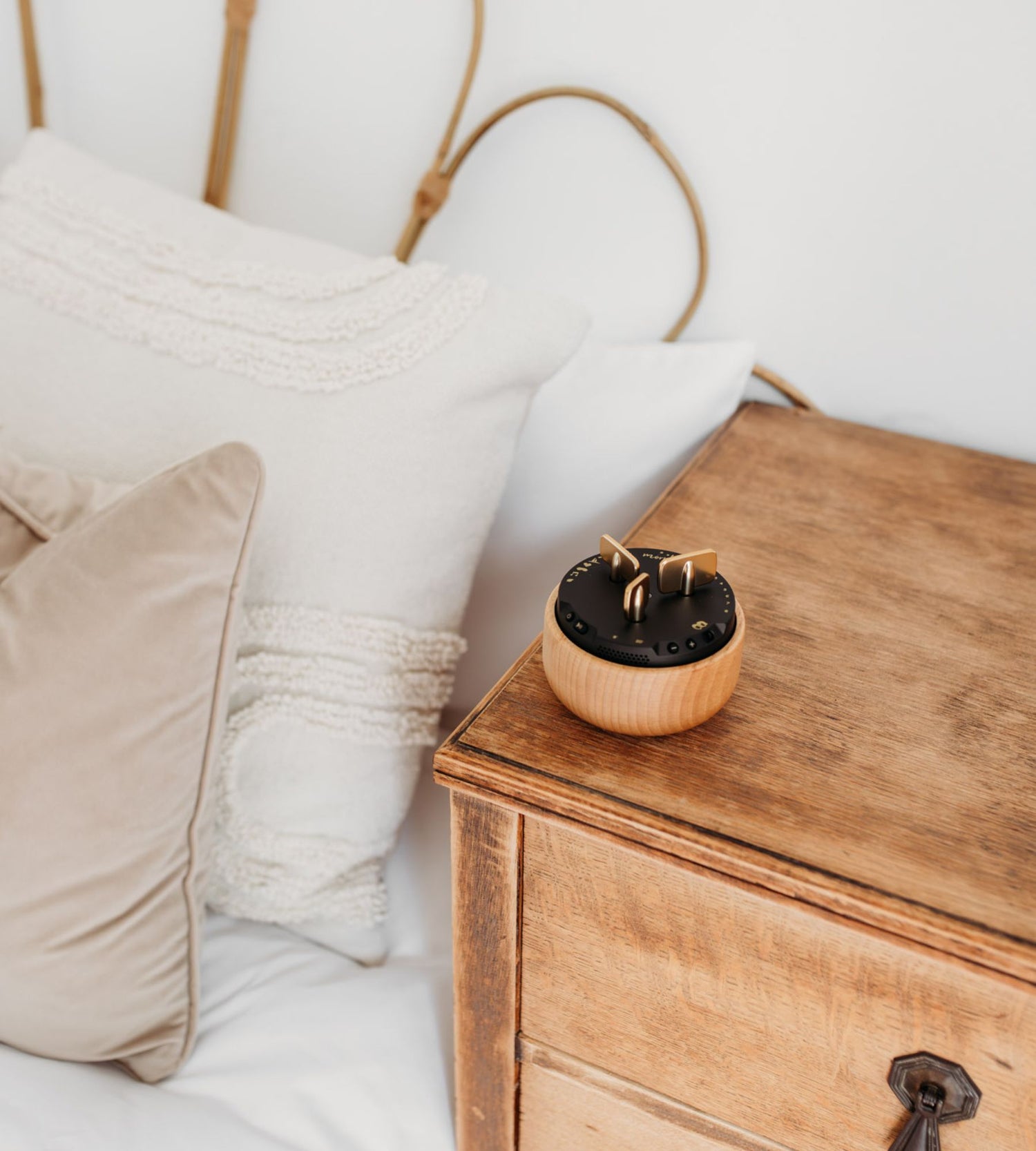Do you ever find yourself in the middle of the day, eyes heavy, thoughts scattered, and an overwhelming urge to have a quick snooze? You’re not alone. The age-old debate of whether napping is beneficial or detrimental continues to divide people. To help you decide whether or not to take a nap, we have come up with a list of pros and cons, as well as the do's and don'ts of napping.
Should I take a nap?

Pros
- Boosts alertness and cognitive function. A nap can help you feel more awake and refreshed, improving your focus, memory, and reaction time.
- Reduces fatigue. Feeling tired in the afternoon? A nap can combat that afternoon slump and leave you feeling energized for the rest of the day.
- Improves mood. Naps can help regulate emotions and reduce stress, leading to a more positive outlook.
- Increased Productivity. A quick nap can recharge your brain, making you more productive and efficient in your tasks. It’s a great way to combat the afternoon slump.
- Boosted Immunity. Sleep, including naps, is crucial for a strong immune system. It helps your body fight off infections and recover more quickly from illnesses.
Cons
- Disrupts night-time sleep: Long naps (over an hour) or napping too late in the day can make it harder to fall asleep at night. This can be a particular issue for people with insomnia.
- Sleep inertia. Waking from deep sleep (especially after a long nap) can leave you feeling groggy and disoriented for a short period.
- May not address underlying issues. If you constantly rely on naps to function, it could be a sign of an underlying sleep disorder or health issue that needs to be addressed.
- Health Issues. For some individuals, napping can exacerbate certain health issues, such as sleep apnoea or depression, by disrupting normal sleep patterns.
- Inconsistent Benefits. The benefits of napping can vary from person to person. What works for one individual might not work for another, making it hard to establish a one-size-fits-all approach.
How do I nap efficiently?

Do's
- Do Practice Relaxation Techniques. Before napping, use relaxation techniques like deep breathing or meditation with Morphée to help you fall asleep faster and enhance the nap's quality.
- Do Monitor Your Overall Sleep. Ensure your night-time sleep quality is good. Napping should complement, not replace, a good night’s sleep.
- Do Create a Restful Environment. Find a quiet, dark, and comfortable place to nap. Use eye masks or earplugs if necessary to block out light and noise.
- Do Set an Alarm. To avoid oversleeping and experiencing sleep inertia, set an alarm for the desired nap duration.
- Do Listen to Your Body. Nap when you feel genuinely tired and need a boost. This will help ensure that your nap is restorative.
Don'ts
- Don't Nap for Too Long. Avoid naps longer than 30 minutes, as they can lead to deeper sleep and make you feel groggy upon waking.
- Don't Nap Late in the Day. Napping after 3 PM can disrupt your night-time sleep, making it harder to fall asleep at your usual bedtime
- Don't Nap if You Have Insomnia. If you suffer from insomnia or other sleep disorders, napping can worsen your condition by reducing your sleep drive at night.
- Don't Feel Guilty About Napping. If napping works for you and fits into your schedule, don't let societal pressures make you feel bad about taking a nap.
- Don't Nap in Your Bed. If possible, avoid napping in your bed to help maintain the bed as a place for night-time sleep, which can improve overall sleep hygiene.
Overall, napping can be a great way to improve your alertness and well-being, but it's important to nap strategically. Aim for short naps (20-30 minutes) earlier in the day to avoid disrupting night-time sleep. If you struggle with sleep issues, consult with your GP to rule out any underlying conditions.






